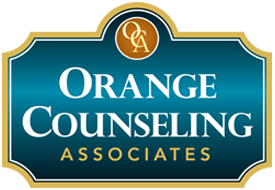Disabilities and work injuries
Disabilities come in many forms. They may have started early in life with a congenital medical condition or been acquired later from a disease or an accident. By definition, a disability leaves one with having to cope with life without the usual list of abilities or attributes. Vision, hearing, ambulation, and cognition may be impaired. Chronic pain may limit many activities, including the ability to concentrate.
In addition to the list of physical functions affected by a disability, there are the emotional consequences that are frequently encountered when trying to come to terms with life with a disability. It is common to feel inadequate or a burden to others and to have a generally low sense of self-worth. It is often the case that these feelings and attitudes leave one feeling anxious, depressed, and overwhelmed.
The challenge to overcoming the negative feelings and attitudes is to find a way to improve one’s view of oneself. That is to improve one’s self-concept and sense of self-worth.

How Can Counseling Help?
Counseling helps by emphasizing the positive and minimizing the negative. It works to improve self-esteem by helping to focus on abilities, not limitations. While acknowledging the reality of the disability, counseling points one in the direction of feeling good about the things one is able to do. It discourages unrealistic and harmful comparisons while emphasizing setting realistic goals. If there is something that you are unable to do, then it remains true that there are many things that you can do. Counseling works with you to learn to appreciate yourself and acknowledge the many ways that those who are close to you have always appreciated who you are.





